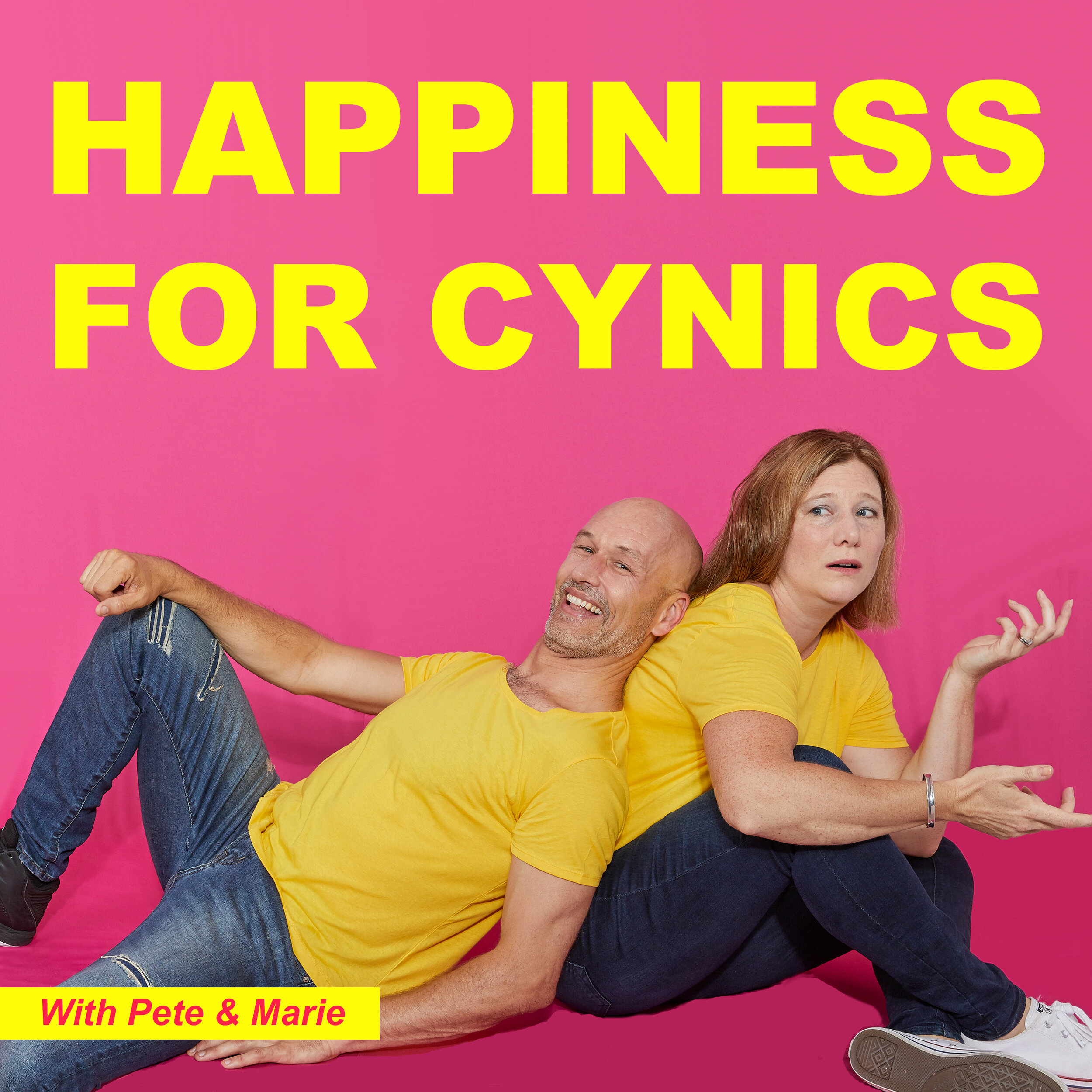Recently, my Mum was presented with the unappealing prospect of being diagnosed with Type II diabetes. Mum has also found that she has a very sensitive system and has become open to the idea that she may also be intolerant to gluten. Living in a country location in rural NSW, she has access to health services and medical practitioners who are able to provide support and advice on changing her diet and lifestyle to adapt to her new diagnosis. But as is sometimes the case in small country towns, choice is limited and sometimes alternative opinions are not readily accessible.
In her more senior years, 'Mum' has consistently suffered from a sensitive stomach and has begun eliminating certain foods from her diet to accommodate this. A trial and error type situation she has explored for years. Mum loved mangoes - she would eat them over the sink and let the juice run down her flabby shearer's cook arms and be as gluttonous as a prize pig. But she knows now that when she has a mango, she suffers for days afterwards. So she has cut them out of her diet - as much as she still glistens with delight when they come out in the supermarket. She knows that it just doesn't suit her.
Upon receiving new medications and dietary plans, 'Mum' found herself flinching at the thought of eating foods she knows she hasn't felt she could ingest as well as taking medications which in her own understanding she knew weren't quite right for her. Her health practitioners weren't as appreciative of her protests and pushed her into eating habits and continued with administering medications that wreaked havoc with her internal balance and saw her feeling ill and nauseous for weeks on end.
After many long winded conversations where she would repeatedly ruminate on what that 'silly woman' told her to eat in the new diet, I suggested that she try to talk to someone else who might have an alternative idea on how to combat the sensitivity of her Small Intestine. It brought to light that getting the right advice is always paramount when you are dealing with your own health. Sometimes when we deal with practitioners who are supposed to be 'experts' in their field, we sometimes overlook our own assumptions and don't value our own opinions on 'that thing there which makes me feel icky'.
I think it's always important that you get advice. Getting the right advice is important. Getting the right diagnosis is paramount. Having contrary opinions is all very valid, but if a practitioner isn't listening to what you are saying and not taking into account 'your' experience and what you 'feel' is the issue, then perhaps it is time to find another therapist. You are the person who can give the information about exactly what is being experienced and that information is often a great insight for anyone wanting to investigate symptoms or conditions. It is a therapist's job to LISTEN. Despite having qualifications and degrees and years of being a professional, no-one knows your body better than you do. Only you know what you are experiencing. Being able to illustrate or dictate that is sometimes a challenge but never believe that you don't know better or that what you think isn't valuable!
The flip side to this is the 'self diagnosis' or 'Dr Google' syndrome. We all have access to information and you can make very astute observations and identify possible elements of a condition or symptom via endless trawling on the internet. However a person who has spent the time studying and perhaps more importantly, exploring the nature of issues, is usually in a better position to qualify comments and irksome complaints from an informed and educated perspective. As much as you know your body, it's also important to find someone that you trust to be your bouncing board. It's a two way relationship, they may have the expertise and informed understanding, and you the experience of 'what it feels like'. It's very much a conversation where both of you explore and investigate together. Your input and the therapists' input are both valuable and important to finding the solution.
I guess in my Mum's case, she wasn't listening to her own conscience telling her that the Dr involved wasn't giving her the advice that she just 'knew' was going to be good for her. But Mum is of a generation where you don't question. Or you shouldn't question, especially the man in the white coat! Getting Mum to a Naturopath was a bit like trying to take her to a cinema to watch an alternative art based documentary on Existentialist art. She had 'that look' on her face. But thankfully, after some coercing and gentle arranging, she has found someone that she feels she can trust and who will answer her 'numerous' questions and listen to what she has to say, whilst still providing an informed and educated perspective.
And ultimately that is the best way to find out what is going on in your body. You need to find the person you trust that has the information that you may not have. Who can provide alternatives to yours and other professionals thoughts and ideas. And if someone isn't listening to what YOU are feeling, then they aren't getting the information from the horses mouth. So to speak.



